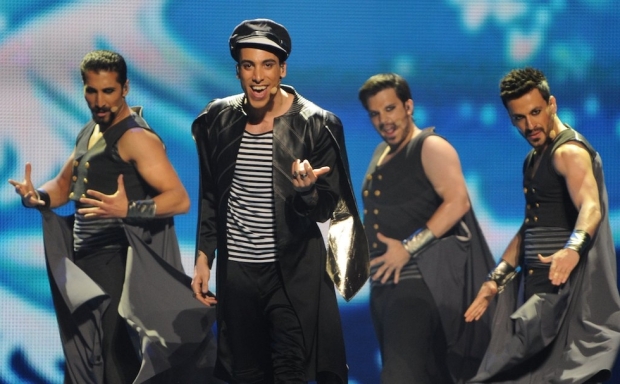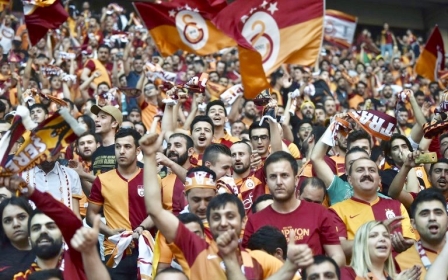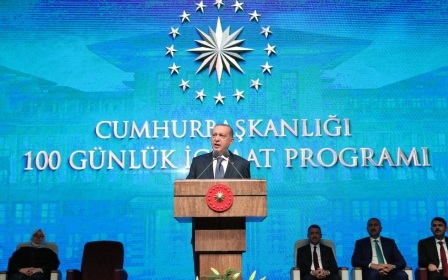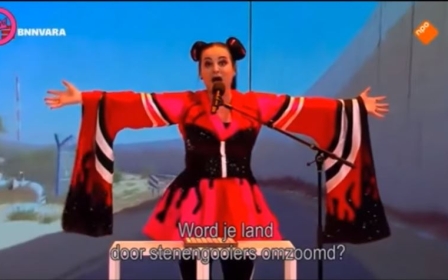TV boss: Turkey won't return to Eurovision while gay drag stars can still win
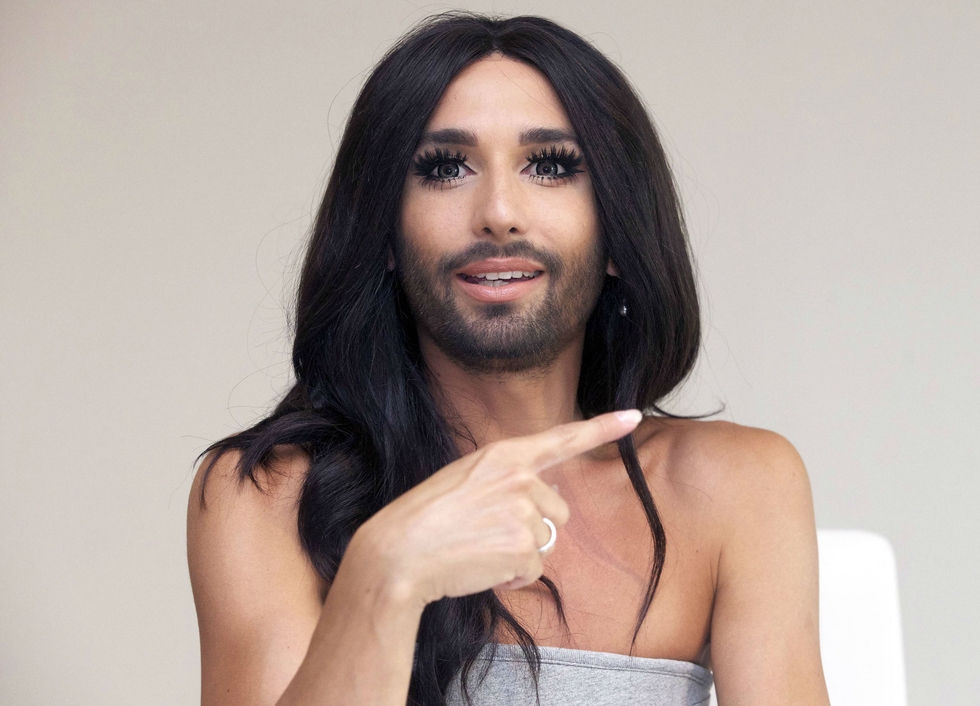
Turkey's state broadcaster has said it will not take part in the Eurovision song contest while "someone like the bearded Austrian who wore a skirt" could win the competition, referring to 2014's winner, the gay drag artist Conchita Wurst.
Turkey has not taken part in the contest since 2012, which featured the country's Can Bonomo singing Love Me Back, after it criticised the newly introduced voting system, which it said was unfair.
Speaking during a panel discussion at Ibn Haldun University in Istanbul on Saturday, Ibrahim Eren, the general manager of the state-run Turkish Radio and Television Corporation (TRT), said that the contest was not suitable for children, and he also criticised the voting system.
"We don't consider to rejoin the contest. We have reasons like the voting system. As a public broadcaster, we also cannot broadcast live at 9pm - when children are still awake - someone like the bearded Austrian who wore a skirt, do not believe in genders and says that he is both a man and a woman," Eren said.
Wurst's victory in 2014, with the song Rise Like a Phoenix, provoked controversy from a number of countries due to the singer's sexuality. Wurst's birth name is Thomas Neuwirth.
At the time, Volkan Bozkir, then chairman of Turkey's foreign affairs committee, remarked "thank God we no longer participate in Eurovision".
Homosexuality is legal in Turkey, but it is not widely accepted, and Istanbul Pride marches have been repeatedly banned in recent years, usually over alleged security concerns.
In July, Turkish riot police used tear gas and rubber bullets against LGBTI activists who had assembled in Istanbul for a banned Pride march.
The ruling Justice and Development Party (AKP) regularly espouses socially conservative views, while Turkish President Recep Tayyip Erdogan has denounced homosexuality as "contrary to Islam".
Despite this, transgendered celebrities are not uncommon in Turkey - Erdogan has even been pictured having dinner with popular trans singer and actor Bulent Ersoy:
The result of this year's Eurovision contest has also created controversy due to the victory by Israel's entry Netta.
As a result of the win, next year's competition should take place in Israel. However, attempting to host the event in Jerusalem, which is not recognised as Israel's capital by the international community, will likely provoke anger from a number of quarters.
Turkey's then prime minister Binali Yildirim said that the competition in June had been fixed in order to ensure the competition could be held in Jerusalem.
"The song contest this year developed to an ideological thing. For the first time, they let Israel win the competition so that they can host it next year," he claimed in a TV interview.
Israel, which has won the competition four times, has hosted Eurovision in Jerusalem twice before, in 1999 and 1979.
Yildirim also criticised the quality of the song Toy. "The Israeli singer wasn't good. Israel is only able to kill, not to sing," he said.
Middle East Eye propose une couverture et une analyse indépendantes et incomparables du Moyen-Orient, de l’Afrique du Nord et d’autres régions du monde. Pour en savoir plus sur la reprise de ce contenu et les frais qui s’appliquent, veuillez remplir ce formulaire [en anglais]. Pour en savoir plus sur MEE, cliquez ici [en anglais].


